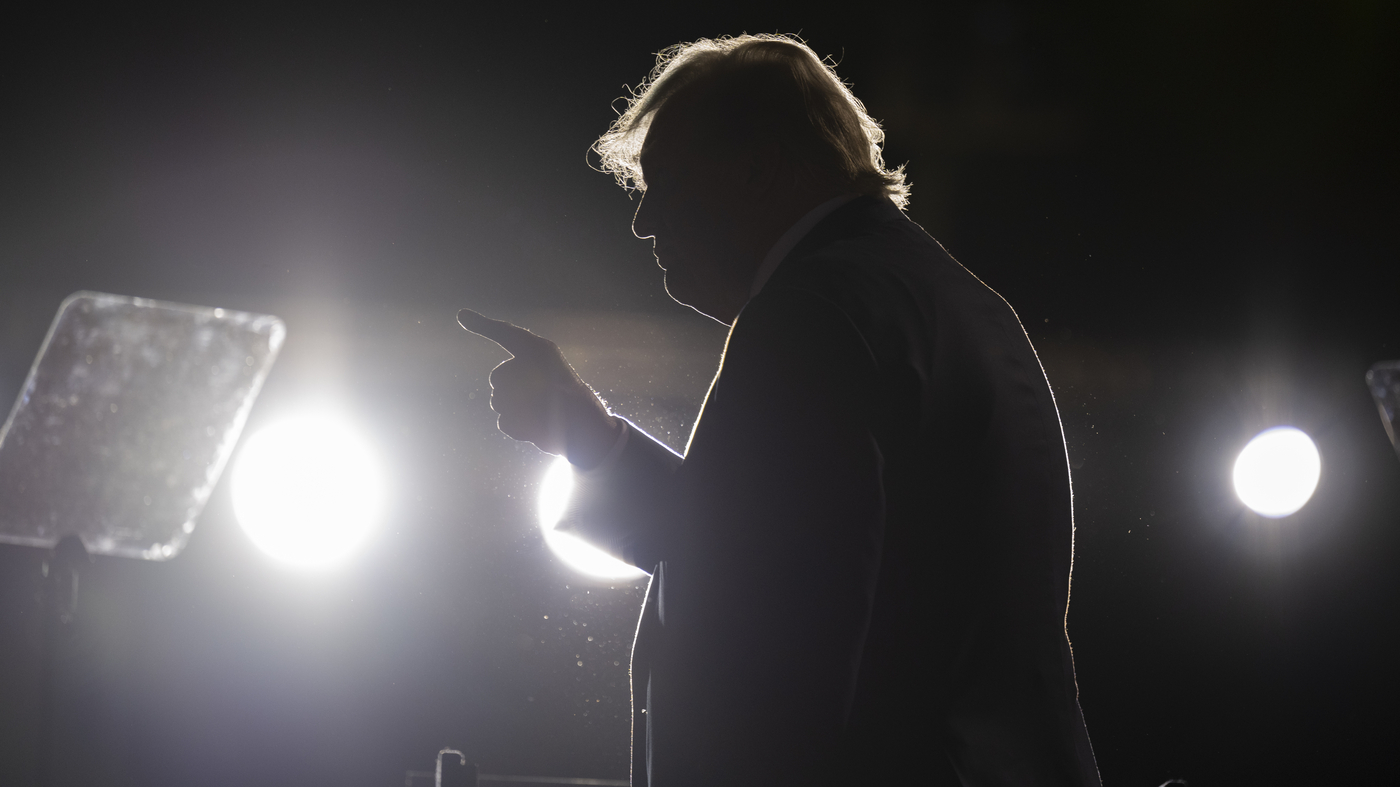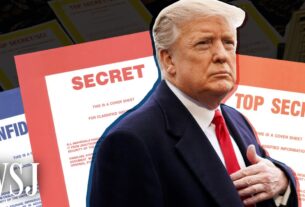Trying to win over swing voters without alienating the party’s base, Republican contenders talk far differently about the former president on rally stages than they do in televised debates.
CLICK ON PHOTO AND JOIN TO SECRET CHANNEL OF PRESIDENT TRUMP ON TELEGRAM!

HERE IS THE SECRET CHANNEL ON TELEGRAM https://t.me/+3iXrJ5bVUVViMDk0
MINDEN, Nev. — Surrounded by a half-dozen construction cranes hoisting floodlights, loudspeakers and American flags into the chilly desert twilight, Joe Lombardo stood in front of an attentive audience at a Trump rally and delivered a warm tribute.
“We’re here to rally for the Republican ticket, and who’s going to help us?” Mr. Lombardo, the party’s nominee for governor of Nevada, told a crowd on the Minden, Nev., airport tarmac that outnumbered the town’s population of 3,500. “The greatest president, right? Donald J. Trump!”
But the praise from Mr. Lombardo, a longtime Clark County sheriff, contrasted sharply with his tepid testimonial of Mr. Trump a week earlier.
Seated in a Las Vegas television studio with his hands pressed tightly together in his lap, Mr. Lombardo demurred when asked during his only scheduled debate with Gov. Steve Sisolak, the Democratic incumbent, if Mr. Trump had been a great president.
“I wouldn’t use that adjective — I wouldn’t say great,” Mr. Lombardo answered. “He was a sound president.”
Heading into the final weeks of the midterm campaigns, Republican candidates locked in close races, as Mr. Lombardo is, have twisted themselves into political contortions as they puzzle out how to handle their party’s most powerful figure — and its most controversial — while toggling between the debate stage and the rally stage.
The challenge confronting Republican contenders across the country is how to win over moderate and independent swing voters without alienating the party’s base of Trump loyalists — or the former president himself. Mr. Trump often views politics in deeply personal terms and is known to respond in kind to acts of defiance, even when retribution could jeopardize an election for his party.
Democrats are similarly trapped in an awkward dance with President Biden, whose low approval ratings have forced candidates to keep him at an arm’s distance. But polls show that Mr. Biden’s political brand is not as polarizing as Mr. Trump’s. To like Mr. Trump is to love him, while disapproval is often on par with disdain.
In a New York Times/Siena College poll last month, more than half of the voters who said they viewed Mr. Trump favorably said they viewed him very favorably, while four out of five who had unfavorable opinions of the former president said they viewed him very unfavorably.
Striking the right balance — or not — could decide whether Republicans win control of the Senate and capture several governor’s offices in key battleground states.
That calculation is complicated by political terrain that varies by state. A winning Republican coalition for J.D. Vance in the Senate race in Ohio — a state that Mr. Trump easily won twice — will most likely require a smaller proportion of independent voters than statewide contests in Nevada, which Mr. Trump narrowly lost twice, political strategists said.
In North Carolina, Representative Ted Budd emerged from a crowded Republican Senate primary on the strength of an endorsement from the former president. Mr. Budd carried out a multimillion-dollar advertising blitz that prominently featured Mr. Trump’s backing, but he held few public events and skipped all four Republican primary debates


